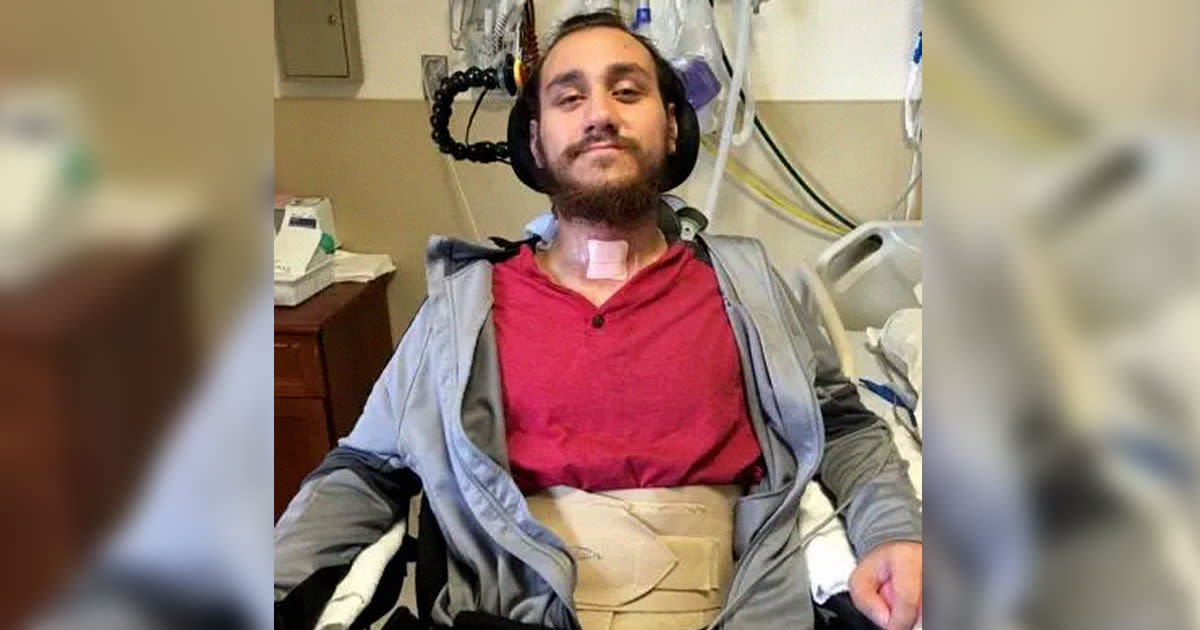First Neuralink Patient Alarmed as Device Starts Losing Functionality

Earlier this year, Noland Arbaugh became the first human patient to have a brain-computer interface chip implanted by Elon Musk's Neuralink.
The 29-year-old Texas native — who became paralyzed after a diving accident eight years ago — was initially amazed at the results, learning to move a cursor with his mind alone and using those newfound skills to play Civilization VI and even Mario Kart.
He started setting records right from the get-go, as measured by standardized brain-computer interface tests.
But things didn't always go according to plan. As Neuralink later admitted, some of the threads inserted into his motor cortex started to retract over time, possibly due to air trapped in his skull following the surgery.
In a new interview with Bloomberg, Arbaugh recalled the terrible experience of losing abilities he'd only just regained.
"I started losing control of the cursor," Arbaugh told Bloomberg. "I thought they’d made some changes and that was the reason."
"But then they told me that the threads were getting pulled out of my brain," he added. "It was really hard to hear. I thought I’d gotten to use it for maybe a month, and then my journey was coming to an end."
The news must've come as quite a shock.
"I thought they would just keep collecting some data but that they were really going to move on to the next person," Arbaugh recalled. "I cried a little bit."
Neuralink watched with concern as the rate at which data was being streamed from Arbaugh's implant declined over time.
Fortunately, the startup claimed in its recent blog post that the team successfully altered the algorithm that was interpreting the signals from the chip, leading to an increase in the data throughput.
According to Bloomberg, Arbaugh has begun tracing letters with a cursor on his computer, allowing Neuralink's software to slowly start recognizing words with the hope of one day interpreting entire sentences at much greater speeds than typing them out letter by letter.
Arbaugh is hoping to give other people in a similar situation hope by trialing Neuralink's brain-computer interface.
"I bet the next person that gets this is going to feel exactly the same way as I do," he told Bloomberg. "Once you get a taste for using it, you just can’t stop. It blows my mind so much."
He's agreed to have the chip stay inside his head for a year as part of an experiment that's primarily designed to test whether the implant is safe and won't cause damage over prolonged periods of time.
Despite some initial hiccups, Arbaugh is already hoping he'll receive the company's next iteration in the future.
"I’d want to upgrade," he told the publication. "Hopefully, they’ll put me on the short list."
More on Neuralink: Neuralink Admits That Implant's Threads Have Retracted From First Patient's Brain


